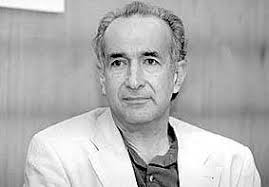Fernando Coronil
Company:
Education
The son of Lya Imber de Coronil from Bessarabia. In 1988, he became a mem-
ber of the society of fellows at the University of Michigan, after which the university
hired him into a position as a professor of anthropology and history in the College of Literature, Science, and the Arts.
At the University of Michigan, Coronil was actively involved in the department of History, the department of Anthropology, the Program in the Comparative Study of Social Transformations, the Interdisciplinary Doctoral Program in Anthropology and
History, and the Latin American and Caribbean Studies Program. In 1997, Fernando Coronil published his best known work, The Magical State, in which he explores the relationship between the Venezuelan state and the country's petroleum-reliant eco- nomy. The Magical State also discusses how the Venezuelan state is transformed
not only by oil, but by the relationship between the state, society, and nature. Coronil's work inTheMagical Statehas influenced academicssuch as AndrewApter and Suzana Sawyer, whoseown work also mapped the role of oil wealth in influencing cul- tural practices among nation states. In 2000, Coronil published anessay entitled Beyond Occidentalism, which refers to the writing of post-colonial Marxist scholar and psy- chiatrist Frantz Fanon to introduce a geohistorical critique of Western self-conception, as part of a larger deconstruction of the poetics behind imperial geographic ideas.
